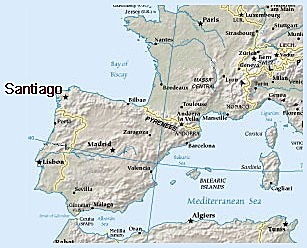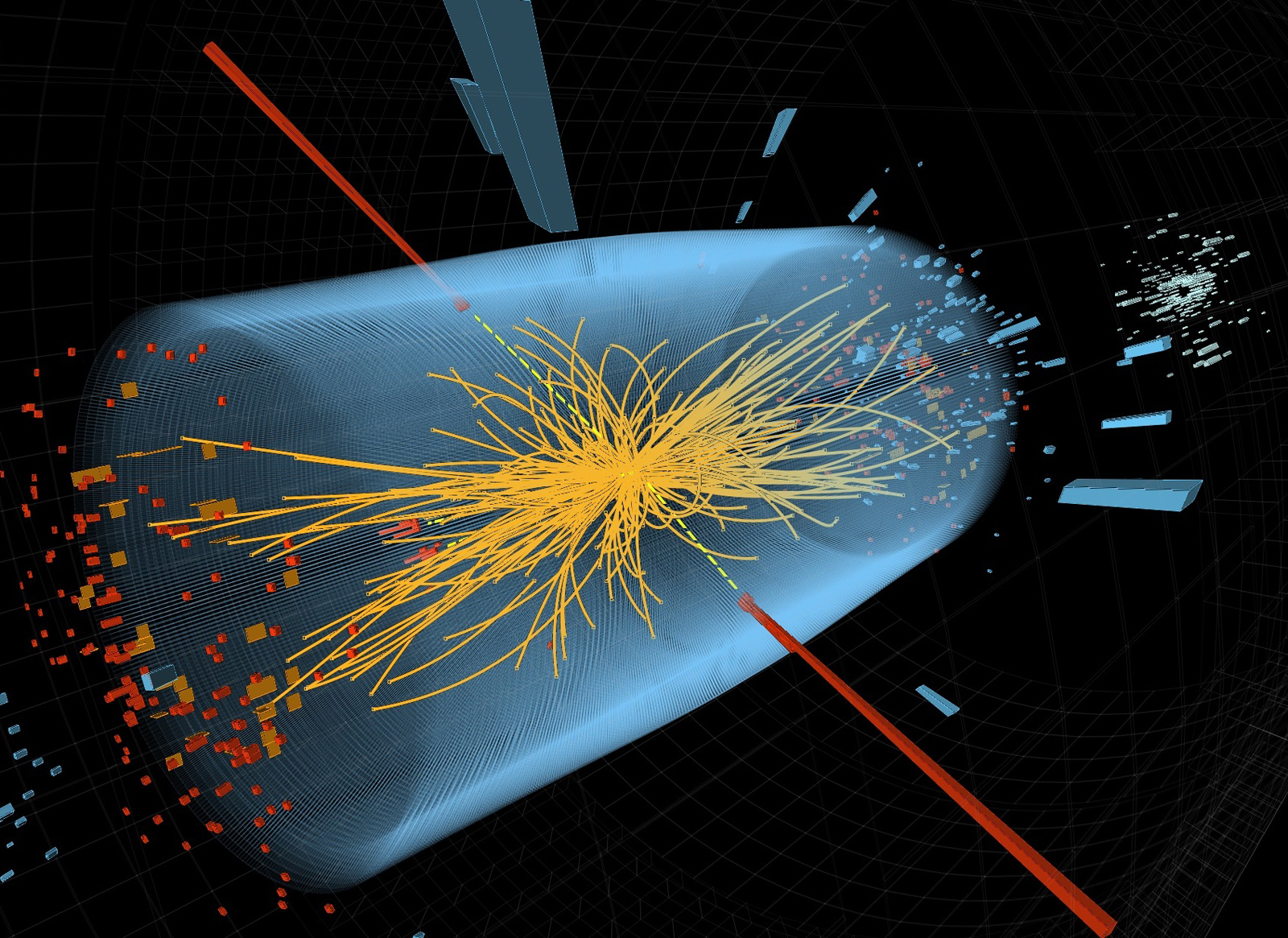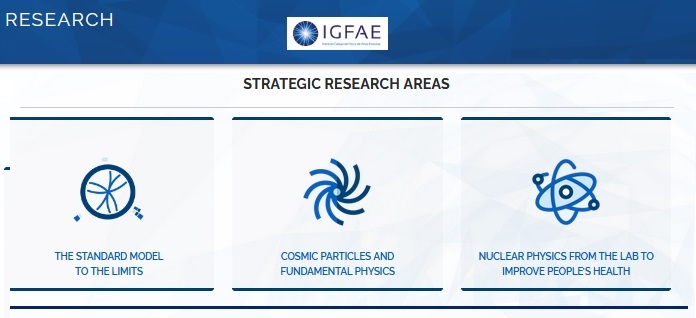Taking a closer look at LHC
The Galician Institute of High Energy Physics (IGFAE)
Experimental High Energy Group (GAES)
Santiago University (USC)
|
High Energy Physics Group (GAES) at the University of Santiago de Compostela (USC) organizes the scientific research around three Strategic Areas (SA) that are the basis for the strategic planning. A transversal line has been created to discuss the strategy for new opportunities in the field of international facilities. In addition, IGFAE activity is divided into an experimental and a theory section. The institute needs to continuously assess the status of international facilities, such as the Large Hadron Collider (LHC), the International Linear Collider (ILC) and FAIR, looking for new physics opportunities and making strategic decisions. This horizontal line aims to provide the discussion ground to decide on strategy for these new opportunities. Theoretical Physics, translating Nature’s behavior into a mathematical language, is one of the most fascinating actitivies invented by humankind. Around half of the members of IGFAE are dedicated to Theoretical Physics. |
 |
Since its foundation, IGFAE participes in the main international facilities and continues to collaborate in the most advanced experiments in the world.
| LHCb | Pierre Auger Observatory | NEXT | GANIL - ACTAR TPC | FAIR - R3B | LaserPET | LIGO |
Building of the Galician Institute of High Energy Physics (IGFAE)
|
AUTHORS Xabier Cid Vidal, PhD in experimental Particle Physics for Santiago University (USC). Research Fellow in experimental Particle Physics at CERN from January 2013 to Decembre 2015. He was until 2022 linked to the Department of Particle Physics of the USC as a "Juan de La Cierva", "Ramon y Cajal" fellow (Spanish Postdoctoral Senior Grants), and Associate Professor. Since 2023 is Senior Lecturer in that Department.(ORCID). Ramon Cid Manzano, until his retirement in 2020 was secondary school Physics Teacher at IES de SAR (Santiago - Spain), and part-time Lecturer (Profesor Asociado) in Faculty of Education at the University of Santiago (Spain). He has a Degree in Physics and a Degree in Chemistry, and he is PhD for Santiago University (USC) (ORCID). |
CERN CERN Experimental Physics Department CERN and the Environment |
LHC |
IMPORTANT NOTICE
For the bibliography used when writing this Section please go to the References Section
© Xabier Cid Vidal & Ramon Cid - rcid@lhc-closer.es | SANTIAGO (SPAIN) |




